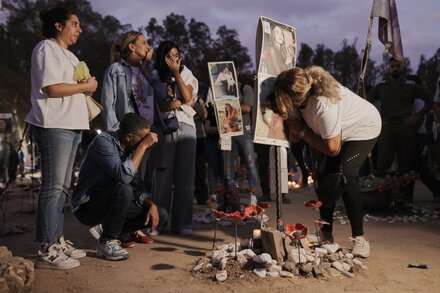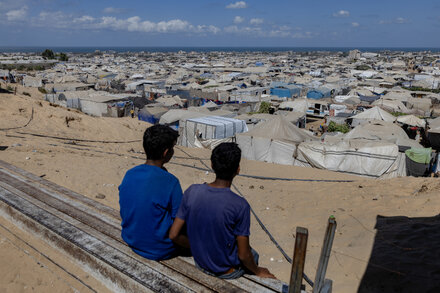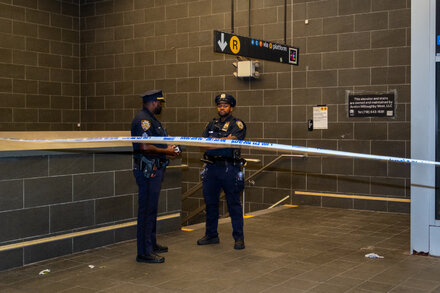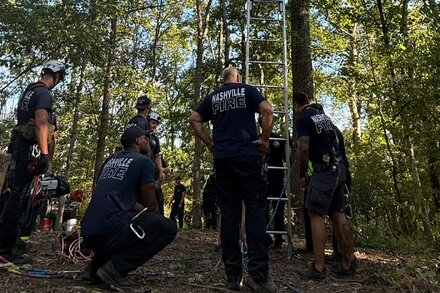Israel is currently observing a period of profound national mourning for the victims of the October 7 attacks. This somber remembrance unfolds even as military operations continue in the Gaza Strip, creating a complex national mood.

Israel is observing a period of profound national mourning for the victims of the October 7 attacks, as military operations continue in the Gaza Strip. The remembrance ceremonies across the country underscore the deep sense of loss and trauma inflicted by the unprecedented assault, even as the conflict initiated in response shows no signs of immediate cessation.
On October 7, 2023, Hamas-led militants launched a coordinated attack from Gaza into southern Israel, resulting in the deaths of approximately 1,200 people, mostly civilians, and the abduction of around 250 others. The atrocities committed on that day, including massacres in kibbutzim and a music festival, have left an indelible mark on Israeli society. Commemorative events, often marked by somber gatherings, memorial services, and moments of silence, are taking place to honor those who perished and to acknowledge the ongoing pain of the families whose loved ones remain held hostage in Gaza.
Simultaneously, the Israeli military continues its extensive operation in Gaza, launched with the stated goals of dismantling Hamas’s military and governance capabilities and ensuring the return of all hostages. The fighting involves ground incursions, air strikes, and naval operations, leading to significant destruction within the enclave and a severe humanitarian crisis for its Palestinian residents. International calls for a ceasefire and increased humanitarian aid have intensified, though a resolution to the conflict remains elusive.
The juxtaposition of national mourning with active warfare creates a complex national mood. The memory of October 7 profoundly shapes public discourse and governmental policy regarding the ongoing military campaign. Many Israelis view the continuation of operations in Gaza as a necessary response to prevent future attacks and to secure the release of the remaining captives. Families of the hostages frequently participate in public demonstrations, urging the government to prioritize their return, often expressing a mix of grief, anger, and unwavering hope.
As the country grapples with the devastating legacy of the attacks, the constant backdrop of conflict in Gaza serves as a stark reminder of the ongoing challenges to regional security and stability. The national focus remains bifurcated between honoring the fallen and navigating the complex realities of an extended military engagement.
Source: Read the original article here.





